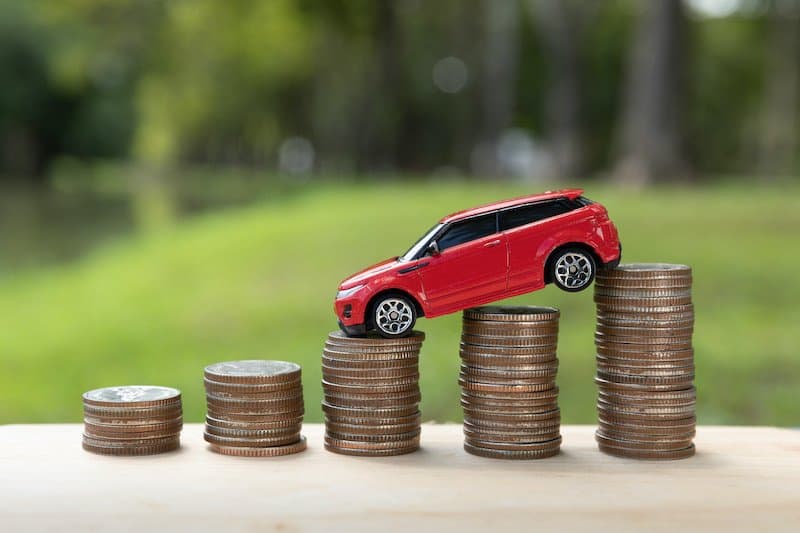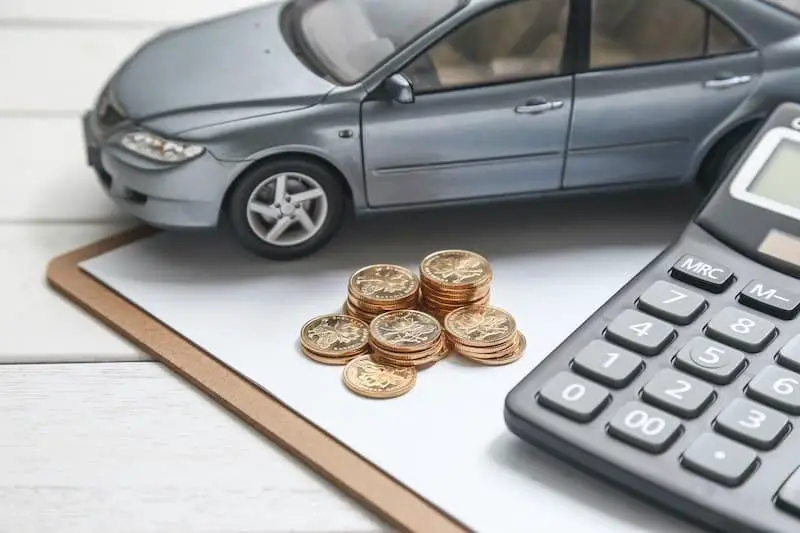Buying a car is a crucial decision for any family or individual, and that is because of the importance attached to it. One of the main reasons for buying a car is to commute around quickly and comfortably. There are other reasons, such as showing off your new status and all that.
A car allows you to plan your movement better and not according to the public transportation system. With your vehicle, you can plan your schedule and achieve more. Therefore, buying a buy is one of the most significant expenses on the “list” of many people. Next to purchasing a home, buying a car is the second biggest expense on your list, and therefore people save up for it.
Let me quickly say that you will need a lot of discipline when saving up for a car.
How Long Can You Save Up For?
Well, it all depends on how much you make, your financial strength, the type of car you desire to buy, and the arrangement for buying the vehicle.
If you make millions of dollars per hour, you may be able to get your car within a few hours but if you are like me who is per hour income is still extremely far from $1,000,000, in that case, you require a lot more planning and strategizing, and I will share some of these here.
Let us consider some factors that influence the length of time it takes to save up for a car.
Saving Up for Your Car

It does not matter whether you want to buy your car right away or save up for months for it. Proper planning will help make the best decision when it is time to dole out the dollars. Planning to save up for a car requires you to create realistic saving plans and a timeline.
Let us do a quick calculation. To have a clear understanding of how long it will take you to get your desired car, what is the cost of the vehicle you have in mind? Let us assume $28,000. Multiply that by 20% that will give you $5,600. This will give you an idea of the total cost involved, and the down payment required. Now you have a good idea of what to save up and how long it will take to achieve that.
Review your income after all expenses. How much do you have left? If you can set aside $560 every month, in 10 months, you would have saved up for a down payment. If you can’t afford that much, it will only take you a long time to get your dream car. You may now weigh your options further. Do you want to wait longer, save more, or look for something more affordable? These are some factors that will influence how long it will take to save up for your car.
How Much Can You Afford
This is probably the most critical question you alone can answer.
Review your monthly expenses, which might comprise rent or mortgages, student loans, insurance, credit card, phone bills, and other utilities. How much do you have after that?
You can use the amount left to determine how much you can reasonably afford to set aside for a monthly car loan or a future one-time purchase.
For instance: Ben earns $3,200 per month or $38,400 annually.
His monthly expenses include…
- Rent $700
- Phone bills $125
- Credit Card $300
- Utilities (Power, Gas, Internet, Water, Transportation) $350
Total Expenses $1,475
What is left after expenses $1,725 ($3,200 – $1,475)?
Ben’s car loan is not precisely $1,475. The amount will be lower than that because he will still incur other expenses like gas, insurance, repairs, and maintenance expenses.
If he plans to set some money aside for a one-time purchase, he can only save a portion of the $1,475, not all of it. The good news here is with that net figure, he can know how long it will take to save up for the car.
What Type of Car Do You Want?
This is where it starts to get real. We all want those eye-catching and head-turning luxury cars we see in the movies but let us get real. What type of car can you save up for with a net monthly income of $1,475 in the previous example?
Some of these questions will help you decide better.
- What is the primary purpose of getting the car, school, work, travel?
- What size are you looking to buy, an SUV, truck, sedan, or something compact?
- What features are essential that must be in the car?
Once you can answer these questions, do a price check on Kelly Blue Book for new and used cars.
Decision Time – Used or Old Car?
Everyone wants a brand-new car; well, I want one because it comes with great values. I don’t have to bother about the car’s history. I get to enjoy lower interest and an extended warranty.
Realistically, new cars are expensive and depreciate relatively quickly. They mostly come with higher premium insurance. Also, you might be stuck with monthly payments for a long time, and when you are finally done, the value of the car would have dropped drastically. As good as the idea of a new car sounds, not everyone can afford it. It’s even advisable for newbie drivers and car owners to start with a used car.
There are some great used cars available, and there’s no shame in going for that if that is what you can afford at the moment.
With a used vehicle, you get to enjoy lower monthly installments, lower insurance, and the cost of registrations.
When considering how long to save up for a car, know that you are more likely to reach your goal faster with a used car than a brand new one, but it all depends on your incomes.
Plan for Down Payment

When trying to figure out how long it takes to save up for a car, another major decision you need to make is how much down payment you want to make. A down payment is an upfront amount you pay to the car dealer before the car is released to you. After that, you will take out a loan to pay the rest of the cost. Car dealers mostly request 20% of the total cost of the car as a down payment.
So, if you planned to buy a car worth $25,000, your target down payment should be $5,000 or more. Let’s use Ben’s net income as an example here.
- Cost of vehicle: $25,000
- 20% Down payment: $5,000
- Net $20,000
- Ben’s net income calculated earlier $1,475.
Ben can pay between $457 per month for a 48-month car loan, or $874 for a 24-month car loan using a free auto calculator.
You can insert figures in the calculator and see what you arrive at and for how long you must pay for your desired car.
The more down payment you put down, the faster it will take to finish paying the rest of the loan. Also, car loans accrue interest. The more you borrow you will pay in interest over the term of the loan.
What About the Additional Car Expenses?
Buying a car comes with unavoidable recurring expenses if the vehicle will serve any purpose beyond just parking it. Costs like insurance, gas, and maintenance are mandatory to keep your four-wheeler running.
The type of insurance premium you need depends on make, model, driving history, location, and safety features. There are loads of options you can shop for when deciding on your insurance coverage. It includes free quotes.
The cost of gas fluctuates, but over time you will know what to budget for the week based on how you use the car.
If you purchase a used car, consider a warranty or maintenance plan. They’ll take care of the expenses of repairs or service jobs, depending on your plan. You can buy one from the vehicle sales center or a third-party dealer.
On the off chance that this is not a choice, put cash aside every month to maintain your vehicle, and be ready for unexpected repairs. Patrice Banks, auto specialist and author of Girls Auto Clinic, suggests vehicle owners spare about $100 every month if their vehicle has more than 100,000 miles on it.
Your entire vehicle-related expenses put together should not exceed 10 to 15% of your take-home income.
Taking it Home
People spend a lot of time commuting from one end to the other for different purposes, thereby spending a lot of time on the road. It is more convenient to spend that time in your car. With your vehicle, you can plan your movement and decide with ease where you want to go to and when.
I have discussed some factors that will influence how long to save up for a car, but the list is not exhaustive, so I would like to hear from you.
What strategy worked best for you, how long did it take you, how did you save up for a down payment, did you go for a new or used car?
If you are still in the planning stage, please share ideas on what you think will work best for you. Let’s discuss

